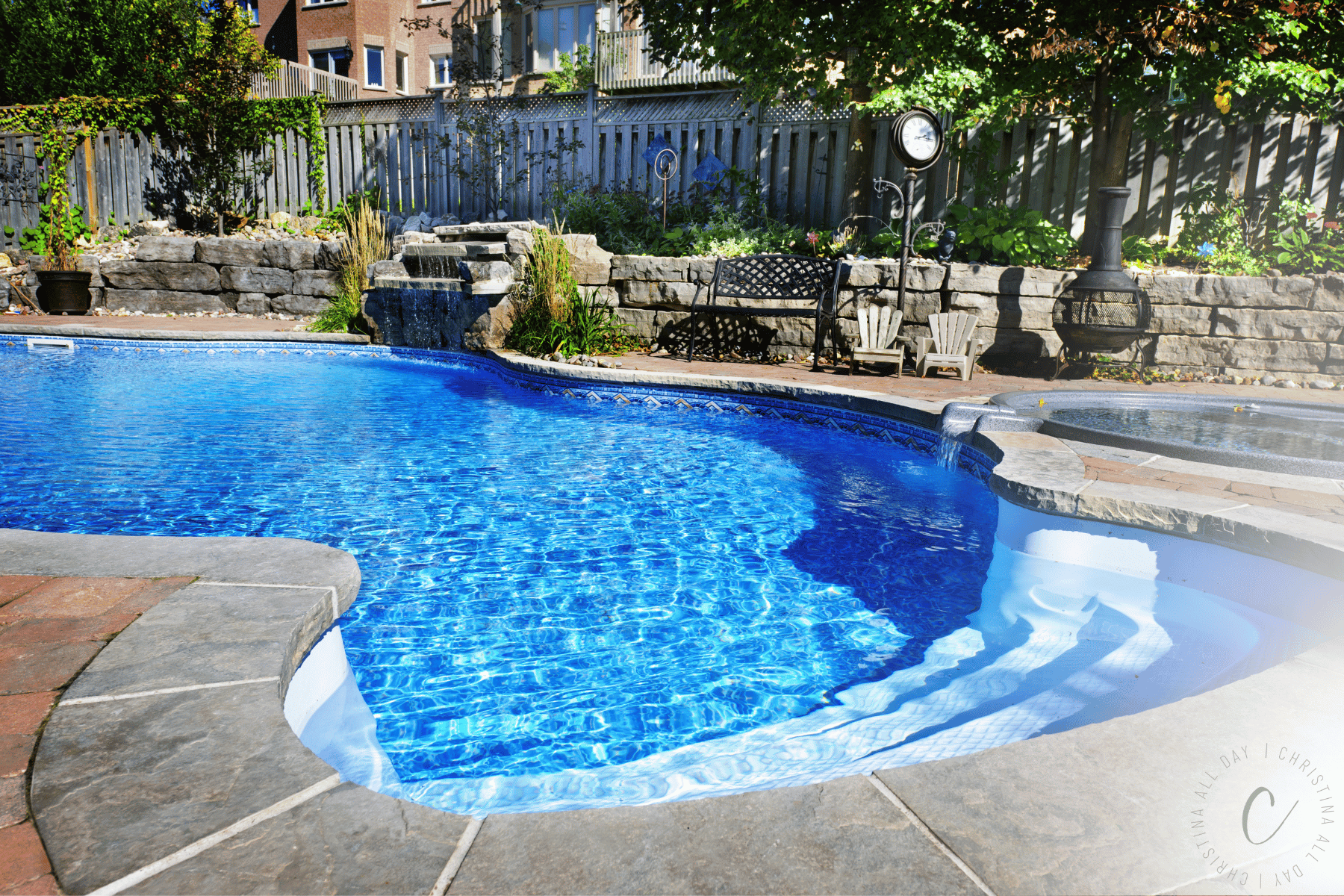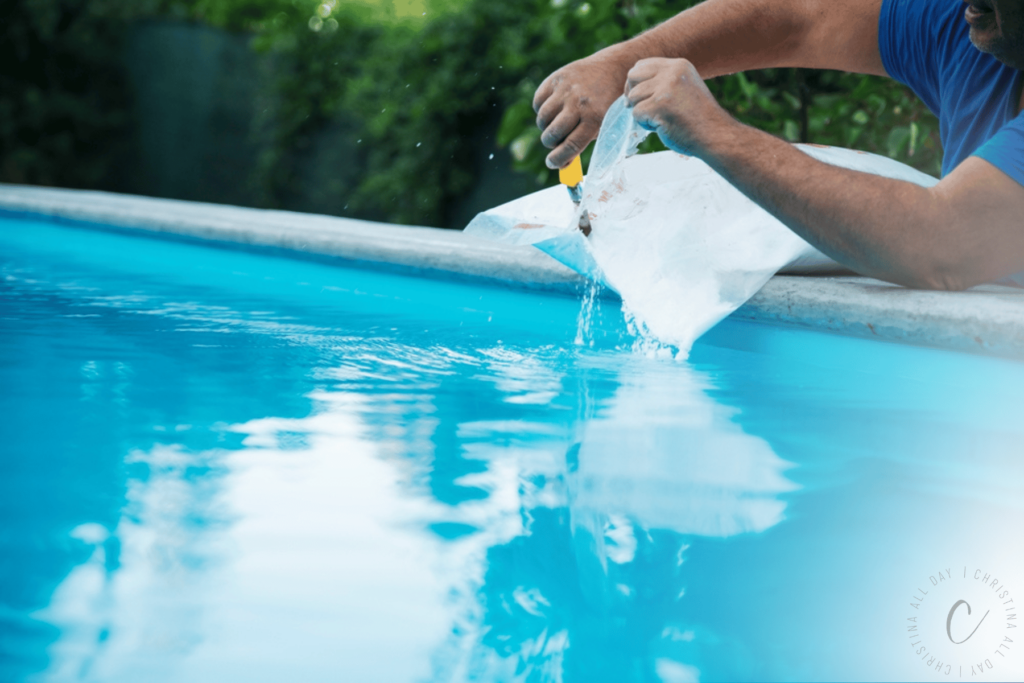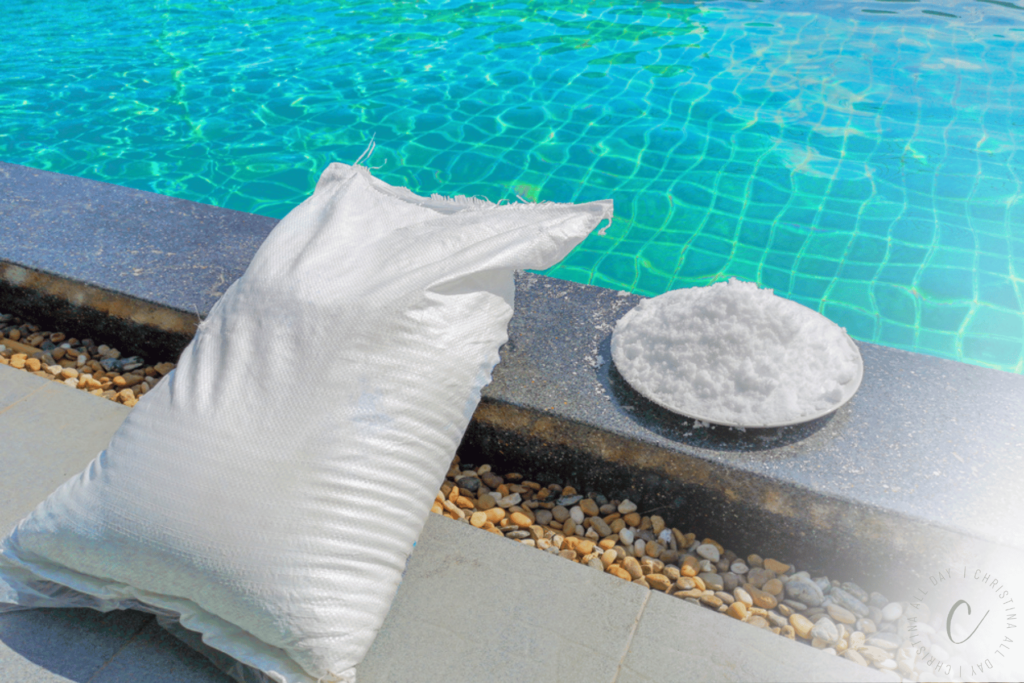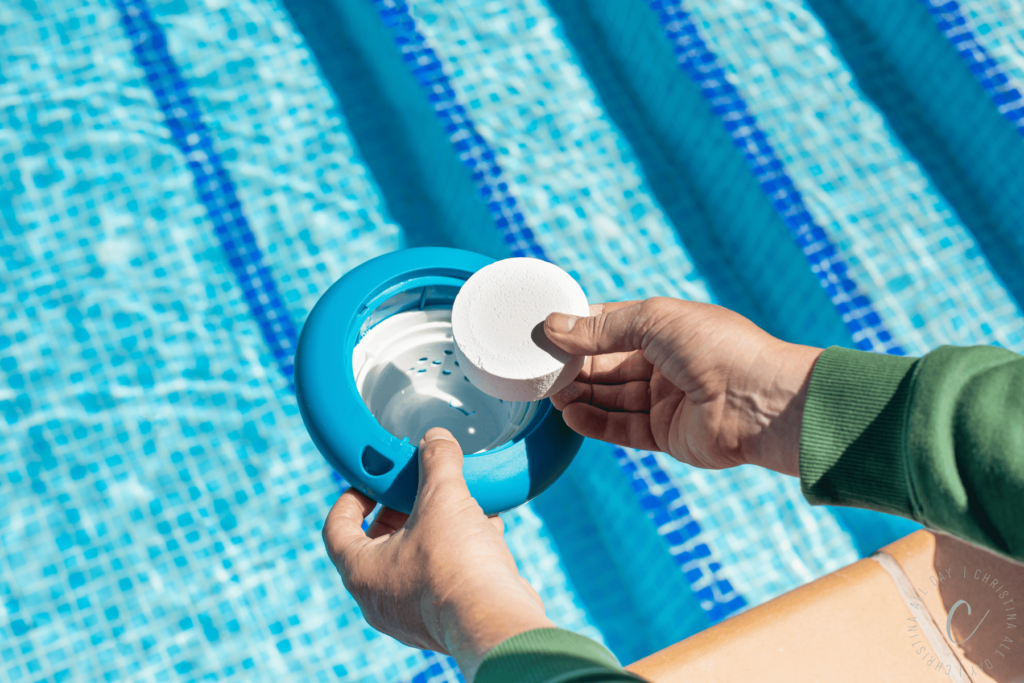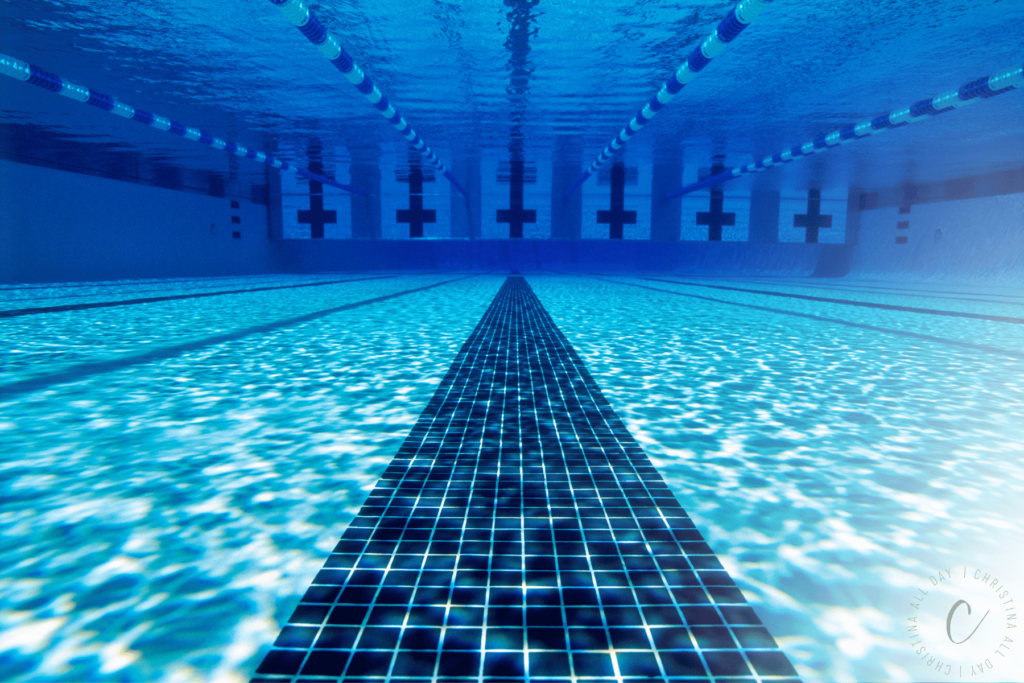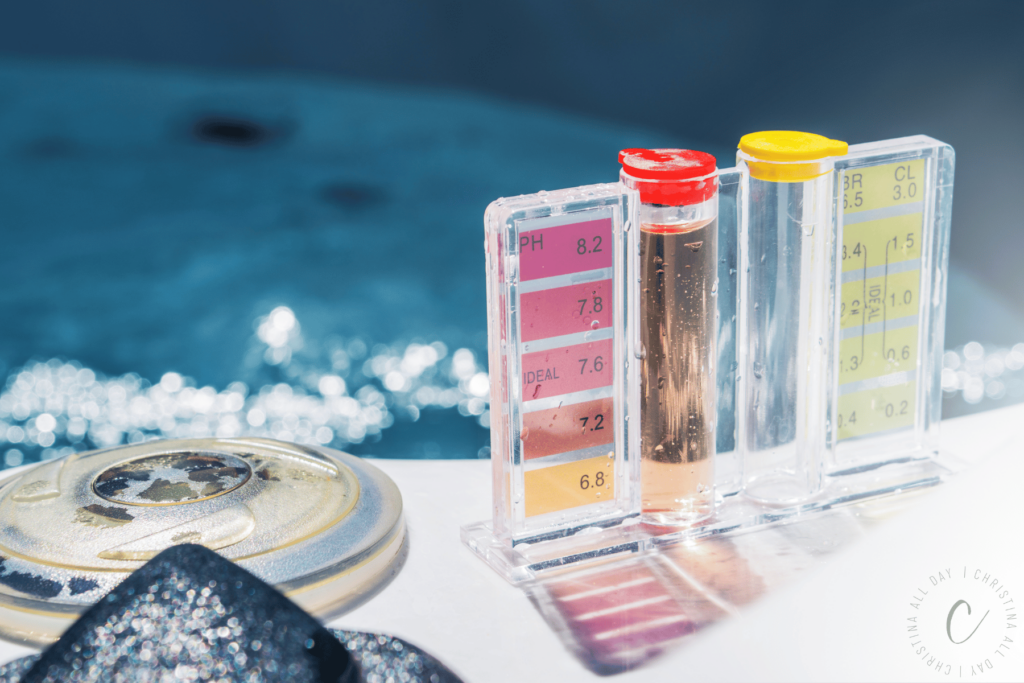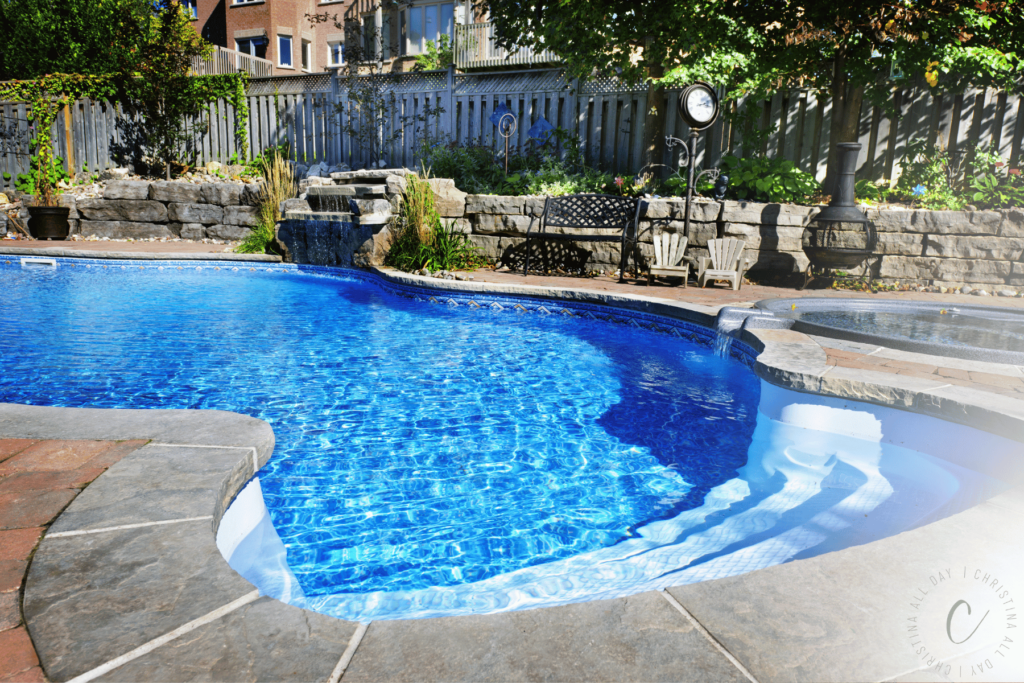When it comes to owning a pool, there’s more to think about than just cannonballs and lazy afternoons. One of the biggest decisions pool owners face is how to keep their pool water clean and safe.
Whether you’re building a new pool or upgrading your current one, you’ve got a few options. You’ve probably heard of saltwater pools, ozone pools, and traditional chlorine pools—but how do you know which one is the best choice?
Pool Pros and Cons: Salt Water vs Chlorine vs Ozone Pools
Each pool type has its own pros and cons. From water quality to pool maintenance, and even how these systems affect your pool equipment over time, there’s a lot to consider. And let’s not forget about health concerns, like skin irritation or the dreaded chlorine smell.
In this blog, we’ll break down the differences between saltwater systems, ozone generators, and traditional chlorine systems so you can make the best decision for your pool.
Ready to dive in? (See what I did there?) Let’s go!
Salt Water Pools: Pros and Cons
Saltwater pools have become really popular in recent years, and it’s easy to see why. They offer a way to sanitize your pool water without relying heavily on chlorine. But, like anything, there are some pros and cons to think about.
Pros:
– Gentler on Skin and Eyes: One of the biggest perks of salt water pools is how much softer they are on your skin and eyes. Since the pool uses lower chlorine levels, you’re less likely to deal with red eyes or irritation after swimming.
– Less Chemical Use: With a salt water system, you don’t have to constantly add chlorine tablets or liquid chlorine. The salt system uses a salt generator to create hypochlorous acid, which does the work of sanitizing the pool. This means less chemical handling and fewer chlorine smells.
– Lower Maintenance: Salt water pools tend to be lower maintenance. The salt system generates chlorine on its own, so you don’t need to keep adding chlorine manually, which can make things easier in the long run.
Cons:
– Higher Initial Costs: Installing a saltwater pool system can cost more upfront. You’ll need a salt chlorine generator, and possibly new pool equipment, like a salt cell or upgraded pool pump. This adds to the initial investment.
– Potential for Corrosion: Salt can be corrosive to certain materials over time, which could damage pool equipment like the heat exchanger or pool lights. It’s something to keep in mind, especially if you’re not diligent with regular maintenance.
– Ongoing Monitoring: While salt water systems require less overall maintenance, you still need to monitor the salt levels and check that the system is working properly. If the salt concentration gets too high, it can affect the water quality and potentially damage your pool.
Saltwater pools are a great option if you want softer water and less manual chlorine use. Just be ready for the upfront costs and keep an eye on your system to make sure everything’s running smoothly.
Chlorine Pools: Pros and Cons
Chlorine pools have been around for a long time and are still the most common type of pool system out there. They’re the classic option for keeping your pool water clean and clear, but there are definitely some ups and downs to using traditional chlorine.
Pros:
– Affordable and Easy to Find: Chlorine is widely available and one of the most affordable ways to maintain your pool. Whether you’re using liquid chlorine, chlorine tablets, or chlorine gas, it’s easy to find at any pool supply store.
– Effective at Killing Bacteria: Chlorine is a powerful oxidizer and does a great job of killing harmful organisms and keeping your pool free of algae and bacteria. It’s a tried-and-true method for keeping your water safe.
– Simple Setup: If you already have a pool, setting up a traditional chlorine system is straightforward. You don’t need any fancy equipment—just your chlorine and a way to disperse it, like a pool pump or floater.
Cons:
– Chemical Smell: One of the biggest complaints about chlorine pools is the smell. That strong chlorine smell can be overwhelming, especially after long swims. It’s caused by chloramines, which form when chlorine reacts with organic matter in the pool.
– Irritation to Skin and Eyes: Chlorine can sometimes cause eye irritation, dry skin, or even allergies, especially if you’re sensitive to it. After spending a lot of time in a chlorinated pool, you might notice your hair or skin feeling dry.
– More Maintenance: Chlorine pools need regular attention. You’ll need to frequently test the pool water, balance the pH levels, and keep an eye on the chlorine levels. This means using more chlorine tabs or liquid chlorine to keep things in check.
Chlorine pools are a solid choice if you’re looking for an affordable and reliable option. They’re effective at keeping the water clean, but be prepared for regular maintenance and the occasional chlorine smell.
Ozone Pools: Pros and Cons
Ozone pools offer a different way to sanitize your pool water by using an ozone generator. This system uses ozone gas as a powerful oxidizing agent to kill bacteria, viruses, and other harmful organisms. It’s a high-tech option that’s gaining popularity for those looking for a chemical-reduced pool.
Pros:
– Powerful Sanitization: Ozone is a more powerful oxidizer than chlorine, which means it does an excellent job at killing harmful bacteria and keeping your water clear. It’s a great way to reduce the amount of chlorine needed for maintaining water quality.
– Less Chlorine Needed: With an ozone system, you’ll still need some chlorine, but a lot less compared to traditional chlorine pools. This results in lower chlorine levels overall, which means less irritation to your skin and eyes and no strong chlorine smell.
– Improves Water Quality: Ozone helps break down organic matter, which improves water clarity and overall water quality. It also helps reduce issues like mineral deposits and cyanuric acid buildup, which can be common in traditional chlorine systems.
Cons:
– Higher Installation Costs: Ozone generators are expensive to install. You’ll need specialized equipment like a corona discharge or ultraviolet light system to generate ozone gas, which can add to the initial cost of setting up your pool.
– Doesn’t Stay in the Water: One downside of ozone is that it doesn’t remain in the pool water for long. That means you’ll still need to use chlorine or another sanitizer as a backup. It’s not a completely chemical-free option.
– More Complex Maintenance: Ozone systems require regular maintenance and monitoring, so you’ll need to work with a pool professional who understands ozone systems to keep everything running smoothly. The system itself can be tricky to maintain without expert help.
Ozone pools are a great option for those looking for a powerful, eco-friendly way to reduce chemical use in their pool. However, the high installation costs and need for backup sanitizers might make it less appealing for some pool owners.
Best Products and Tools to Maintain Each Type of Pool
No matter what type of pool you choose, having the right tools and products makes maintenance a whole lot easier. Here’s a quick rundown of the best products to help you keep your saltwater, chlorine, or ozone pool in top shape. Some of the below are affiliate links.
Saltwater Pools
– Salt Chlorine Generator: This is the heart of your saltwater pool system. A good quality salt chlorine generator will convert the salt into chlorine to keep your water clean. Popular brands like Hayward or Pentair offer reliable salt systems that are easy to maintain.
– Saltwater Test Kit: Keeping an eye on your salt levels is essential for maintaining the right balance in your pool. A digital saltwater test kit or a basic test strip kit can help you monitor salt concentration and other important factors like pH levels.
– Cell Cleaner: Salt cells can build up with calcium and other mineral deposits over time. Using a cell cleaner, like the ones from Pool Tool or BioGuard, will help remove those deposits and keep your system running efficiently.
– Pool Salt: Not just any salt will do. You’ll need pool-grade sodium chloride, which is specifically designed for saltwater pools. Morton and Diamond Crystal are two well-known brands.
Chlorine Pools
– Chlorine Tablets or Liquid Chlorine: For traditional chlorine pools, you’ll need a steady supply of chlorine. Chlorine tablets (or tabs) are easy to use and dissolve slowly, while liquid chlorine is great for quick adjustments. Both can be found from brands like Clorox or HTH.
– Chlorine Dispenser or Floater: If you use chlorine tablets, a floating dispenser is the easiest way to make sure the tablets dissolve evenly throughout your pool. It’s an inexpensive tool that keeps chlorine levels consistent.
– Water Test Kit: Monitoring the pH, chlorine, and alkalinity levels in your pool is critical for water clarity and safety. Test kits or strips from Taylor Technologies or AquaChek are popular choices for quick and accurate results.
– Algaecide: To prevent algae growth, algaecide is a must. Products like the ones from In The Swim or Clorox Pool&Spa can help keep your pool free from green, yellow, or black algae.
Ozone Pools
– Ozone Generator: The most important piece of equipment for an ozone pool is, of course, the ozone generator. Ozone systems from brands like Del Ozone or A2Z Ozone can help you reduce chlorine use while keeping your pool sanitized.
– Chlorine Backup: Even with an ozone pool, you’ll still need a small amount of chlorine to help keep the pool clean. Stocking up on liquid chlorine or chlorine tabs from brands like Leslie’s or Kem-Tek will help maintain proper water balance.
– Oxidizer for Spa Water: If you’re running an ozone system for a spa or hot tub, you may want to use an oxidizer like hydrogen peroxide to help keep the water clean without much chlorine.
No matter the pool type, having the right tools will make maintenance simpler and keep your pool looking and feeling great. Investing in these products will help ensure a healthy swimming pool that’s easy to manage year-round.
How to Choose the Right Pool System
Now that we’ve gone over the pros and cons of saltwater, chlorine, and ozone pools, it’s time to figure out which one is the best choice for you. Here are a few things to consider when making your decision:
Consider Your Budget
The upfront cost is one of the biggest factors. Saltwater systems and ozone generators tend to be more expensive to install compared to traditional chlorine pools. If you’re looking for a more budget-friendly option, a chlorine pool might be the way to go. But if you’re willing to invest a bit more for long-term savings and less maintenance, a saltwater or ozone pool could be worth it in the long run.
Think About Health Concerns
If you have sensitive skin, allergies, or just hate the smell of chlorine, a saltwater pool or ozone system might be a better fit. Both options use lower chlorine levels, which can help reduce eye irritation and skin dryness. Ozone pools, in particular, use much less chlorine, so if that’s a big concern, it could be the best option for a healthier swimming experience.
Factor in Maintenance
How much time and effort are you willing to put into maintaining your pool? Chlorine pools require regular monitoring, balancing of chemicals, and adding chlorine tabs or liquid chlorine. Saltwater pools need less frequent maintenance but still require checking salt levels and keeping an eye on your salt cell. Ozone pools can be a little more complex and might need a pool professional to help with regular maintenance, especially with the ozone generator.
Climate Considerations
Where you live matters too. Saltwater pools can struggle in colder climates, as the salt system may not work as efficiently when the temperature drops. Chlorine pools and ozone pools are less affected by the weather, making them a more versatile choice for areas with cooler temperatures.
Long-Term Costs
While some systems may be more expensive upfront, think about the long-term savings. Saltwater pools and ozone pools might save you money on chemicals and maintenance over time. But keep in mind that these systems can also have higher repair costs if something like the ozone generator or salt cell breaks down.
By weighing these factors—budget, health concerns, maintenance, climate, and long-term costs—you’ll be able to choose the pool system that’s the best fit for your needs and lifestyle.
It’s Decision Time
At the end of the day, the right pool system for you depends on what you’re looking for in terms of comfort, budget, and maintenance.
Saltwater pools are great if you want softer water and less chemical handling, but be prepared for higher upfront costs. Chlorine pools are a solid, budget-friendly option that’s effective but requires more day-to-day upkeep. Ozone pools offer a powerful sanitizing system with lower chemical use, though they come with a higher price tag and more complex maintenance.
Whatever pool type you choose, it’s important to consider your own needs and preferences. Whether it’s keeping your skin happy, cutting down on maintenance time, or working within your budget, there’s no one-size-fits-all solution.
Take some time to weigh the pros and cons of each option, and don’t hesitate to consult a pool professional if you need more guidance. In the end, the best decision is the one that helps you enjoy your pool to the fullest!
